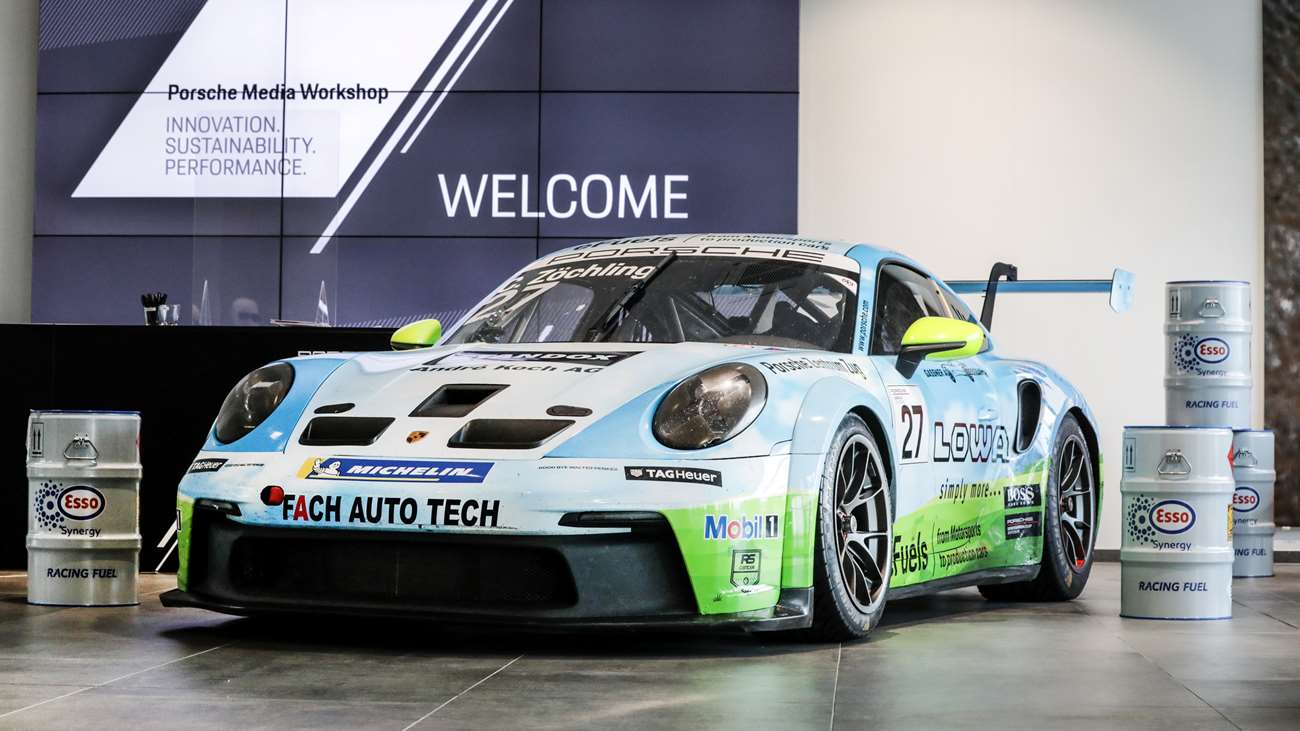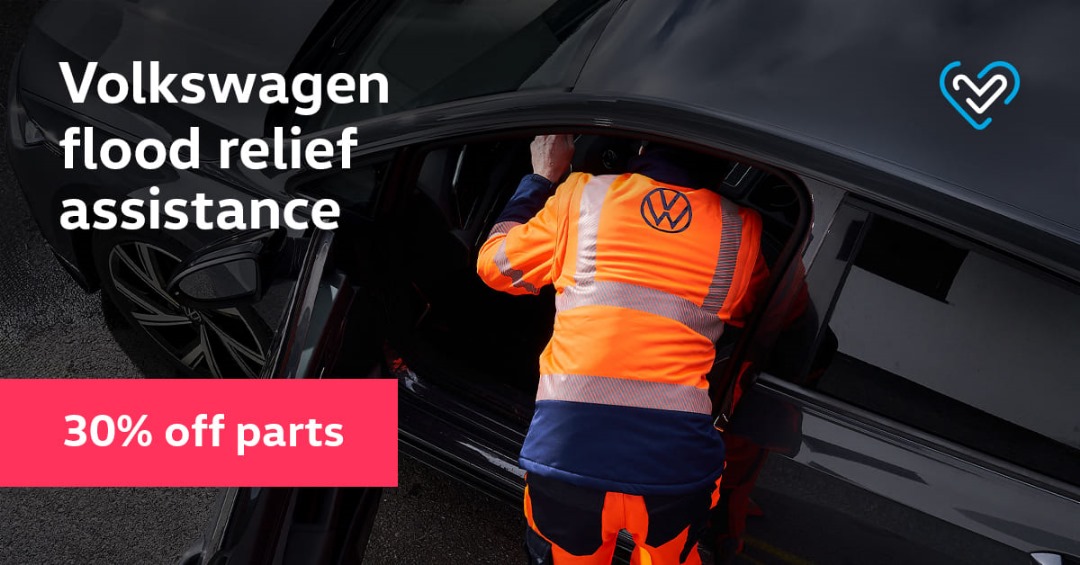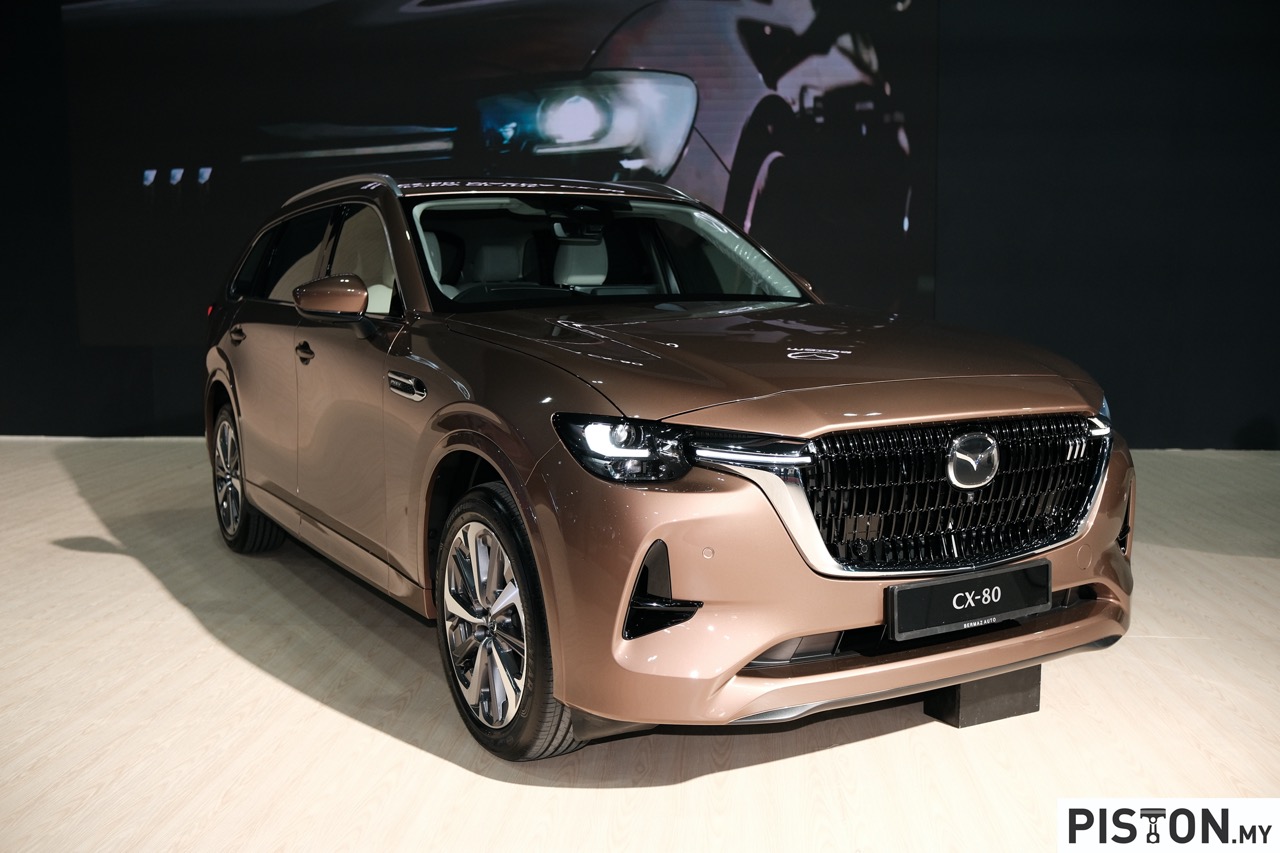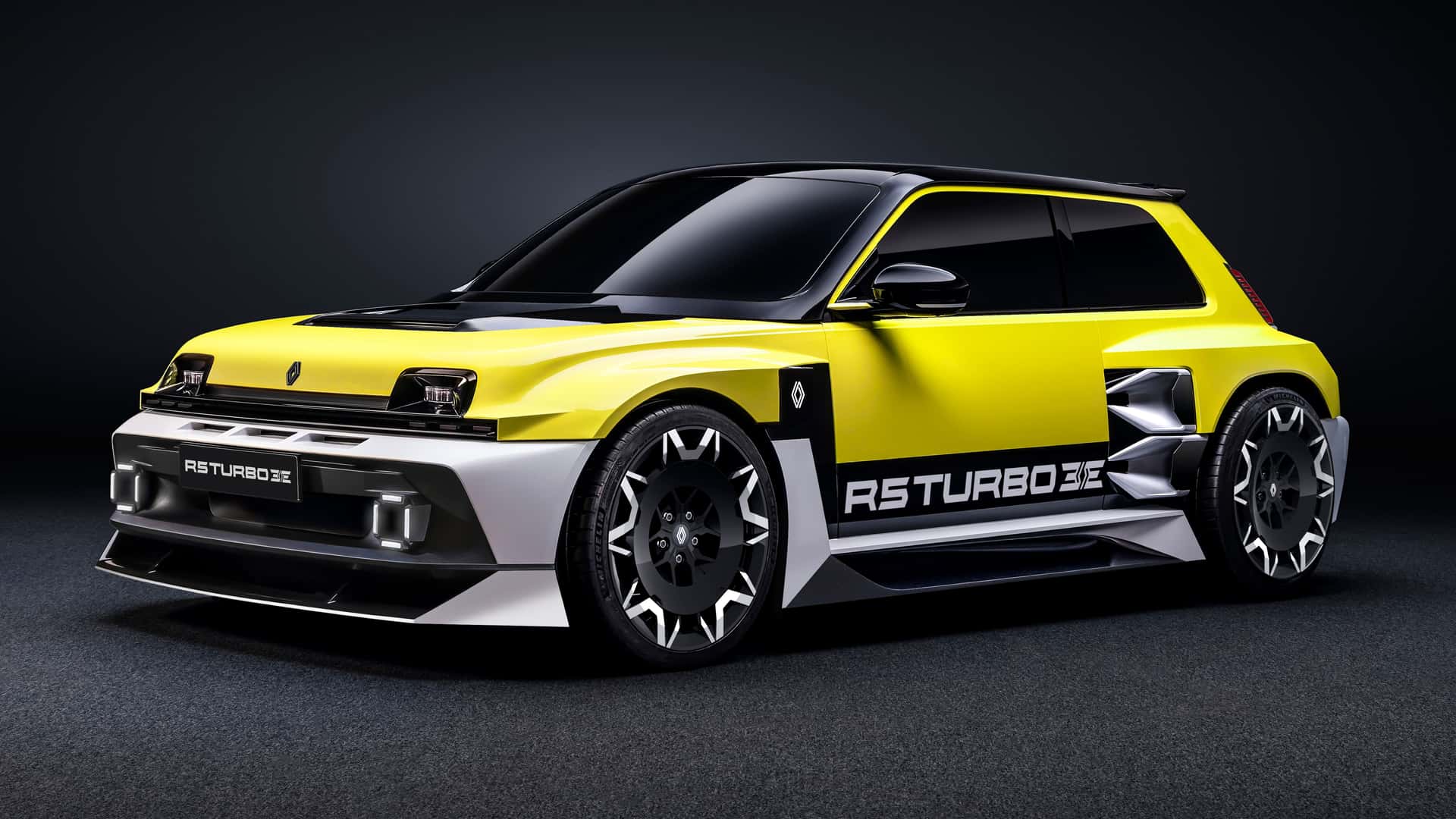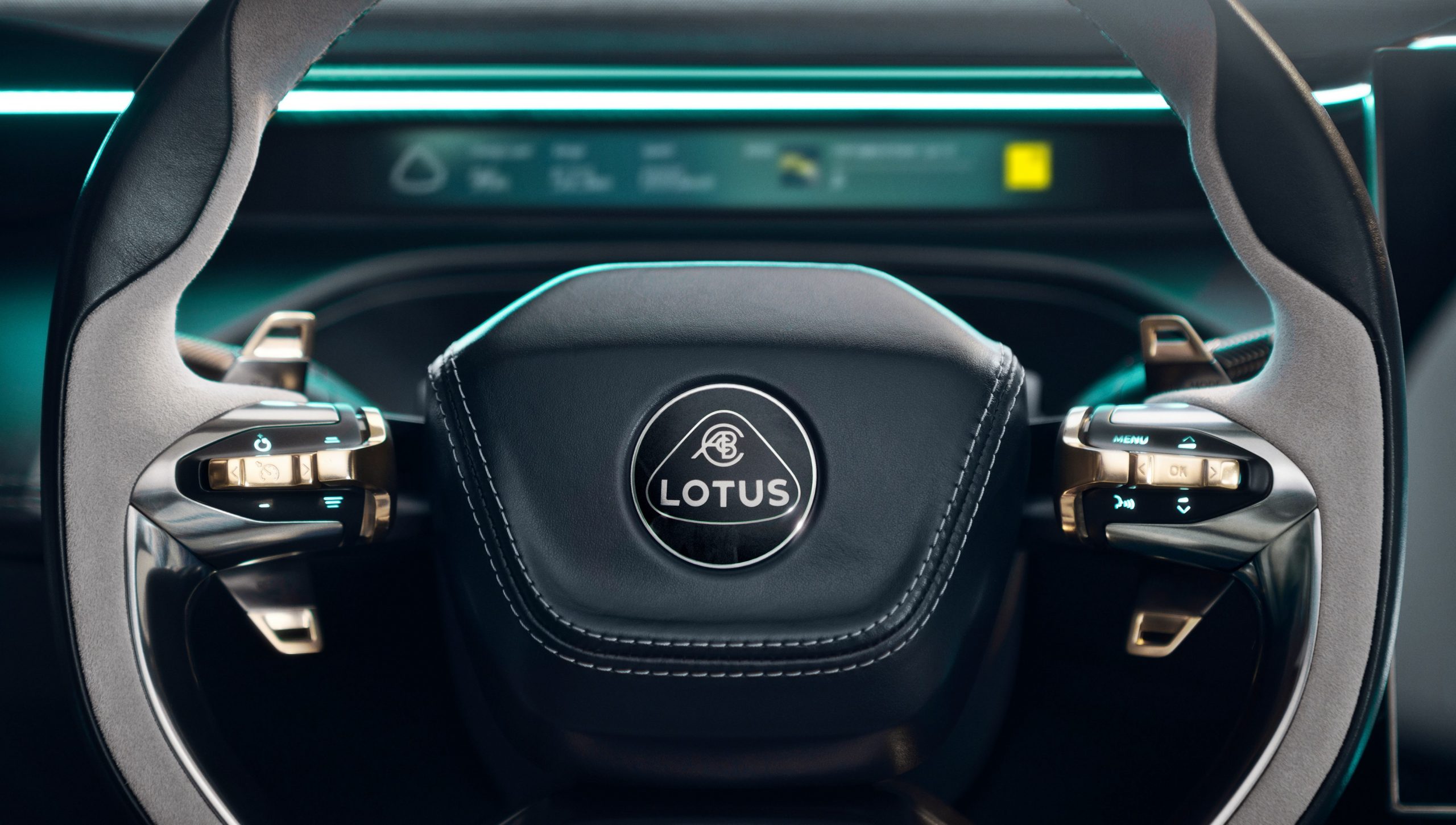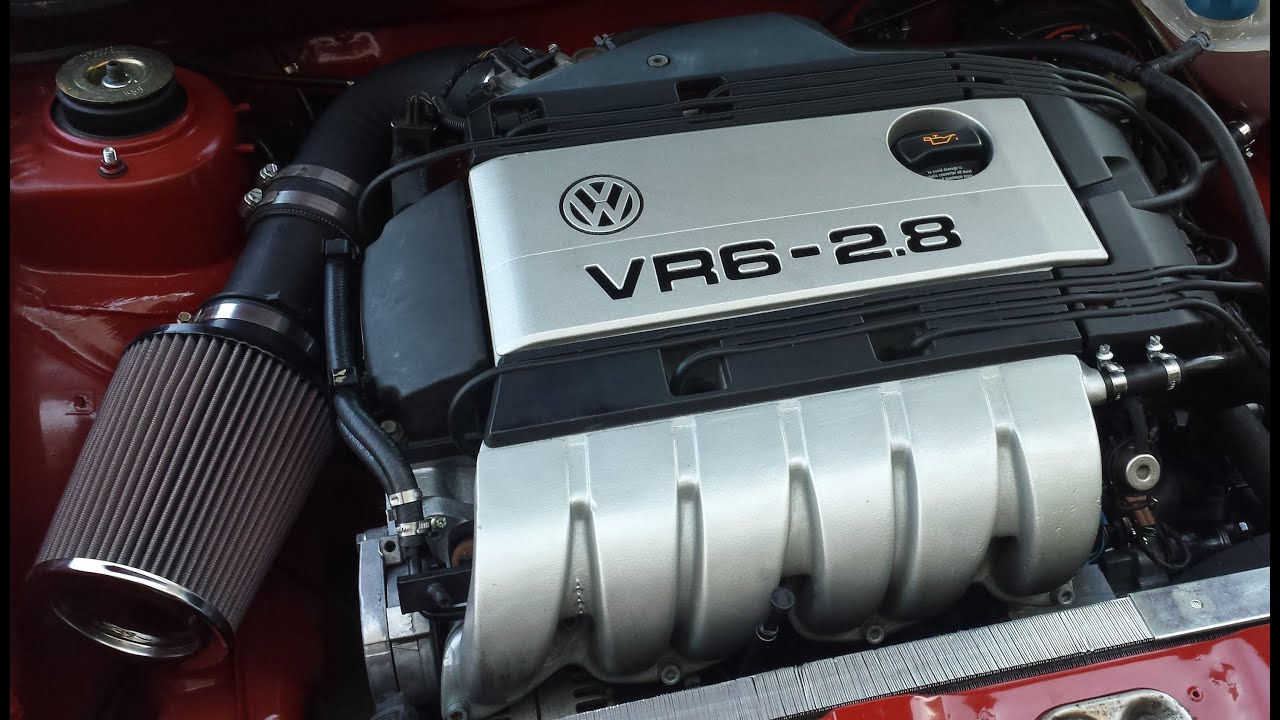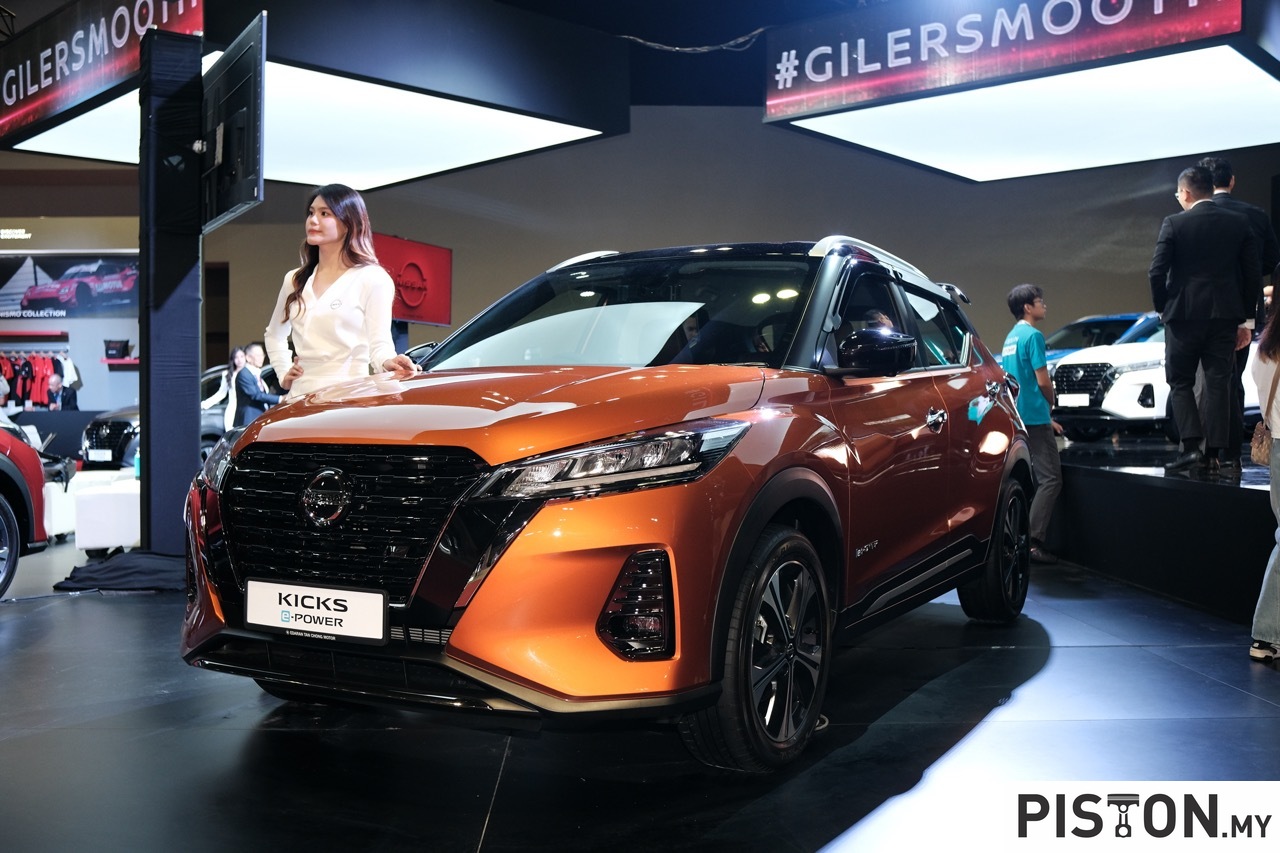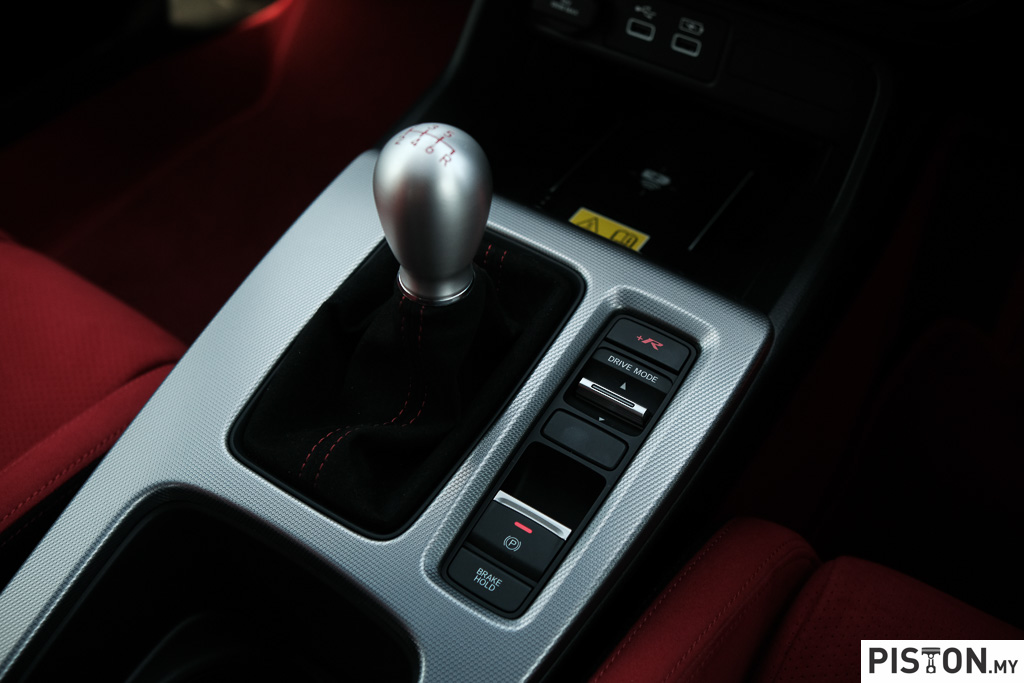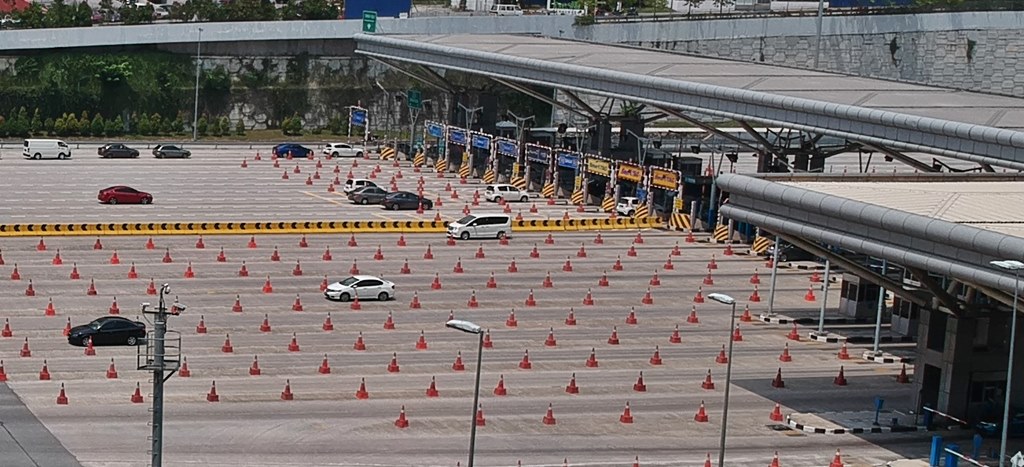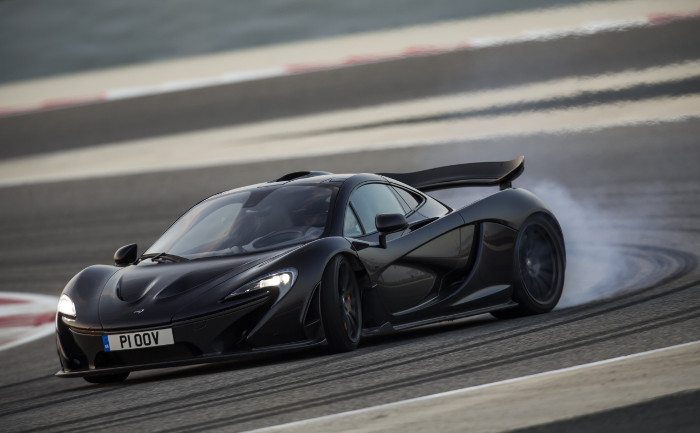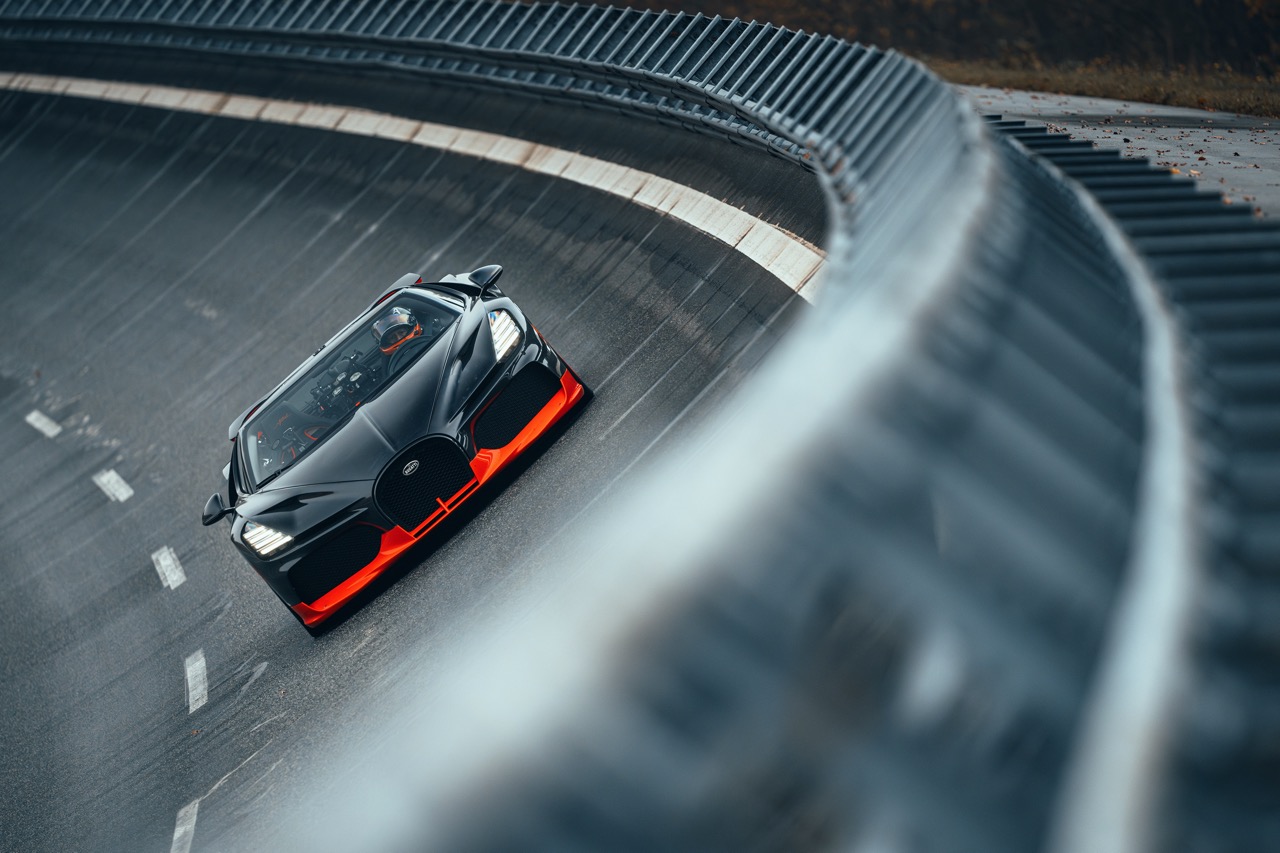Less than a year ago, Porsche inaugurated its pilot eFuel plant, named Haru Oni, in Punta Arenas, Chile. This facility enables the production of synthetic fuel with a “near” CO2-neutral impact when used in petrol engines. The launch of this plant was commemorated by fueling a Porsche 911 ceremonially.
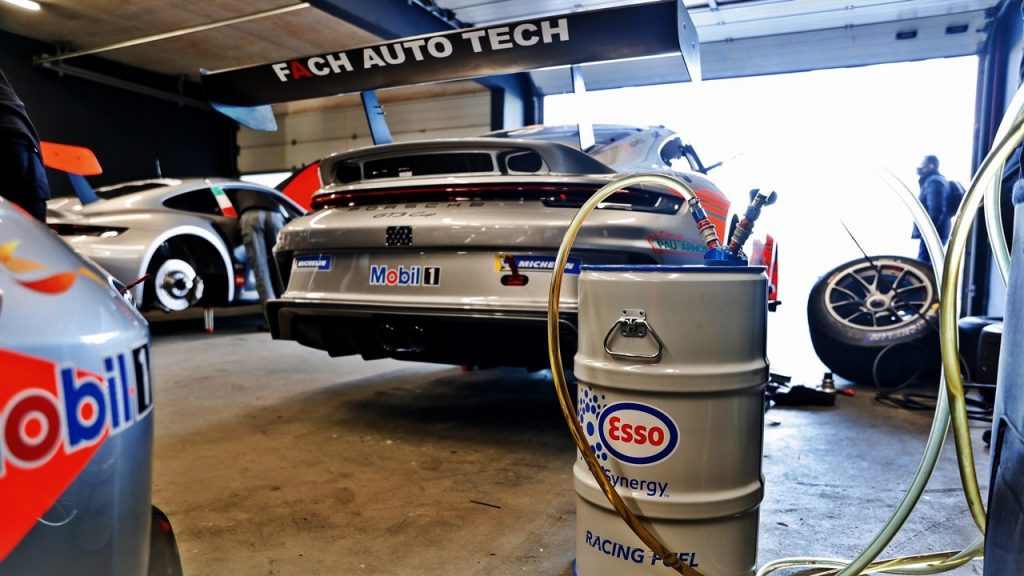
This synthetic fuel is created using a combination of water, carbon dioxide, and wind power. Chile was selected as the location for the plant due to its consistently windy climate, which allows the plant’s wind turbine to operate at maximum capacity for approximately 270 days each year. This is a significant improvement compared to just 80 days if Porsche had established the plant in Germany.
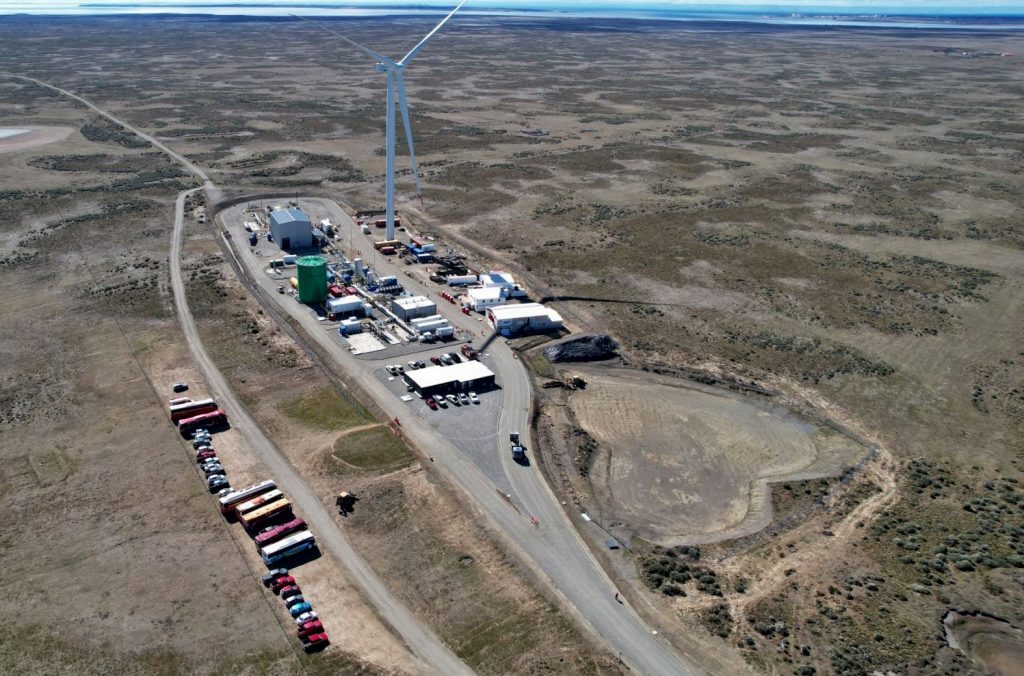
The process at the eFuel plant involves the turbine generating electrical power, which is used for electrolysis of water to produce hydrogen. Simultaneously, massive fans draw in carbon dioxide from the atmosphere through filters, a process known as ‘direct air capture’. These two components, hydrogen and carbon dioxide, undergo a reaction through methanol synthesis, resulting in the creation of eMethanol (CH3OH), which forms the basis of eFuel.
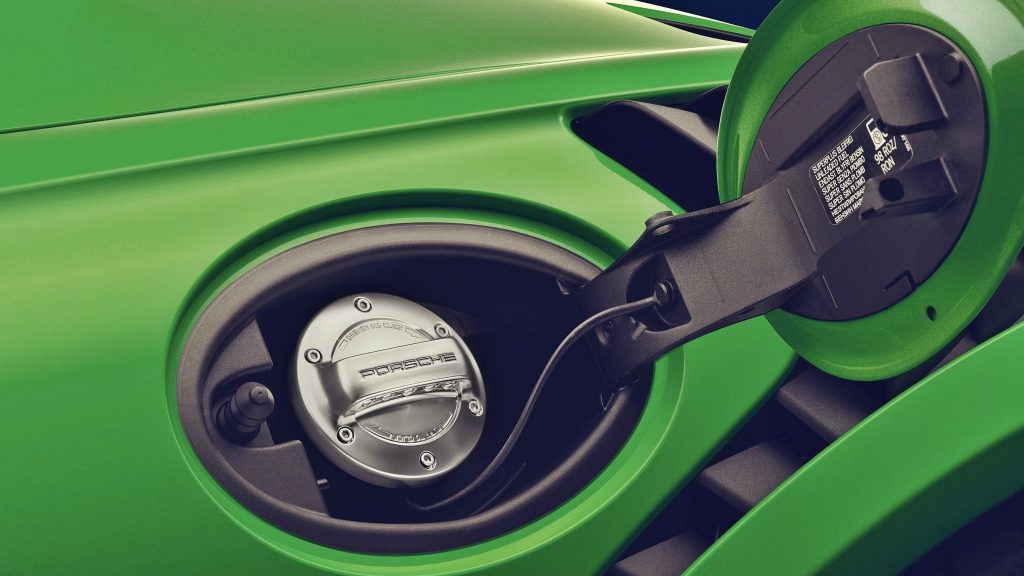
The raw eFuel product is then carefully blended and refined to meet the DIN EN 228 fuel standards, ensuring its compatibility with petrol-powered vehicles.
Porsche’s initial plan is to manufacture approximately 130,000 liters of eFuel each year, which will be utilized for activities like the Porsche Mobil 1 Supercup and Porsche Experience Centres worldwide. Following this pilot phase, production is set to scale up significantly, reaching 55 million liters of eFuel annually by 2025 and an impressive 550 million liters by 2027.
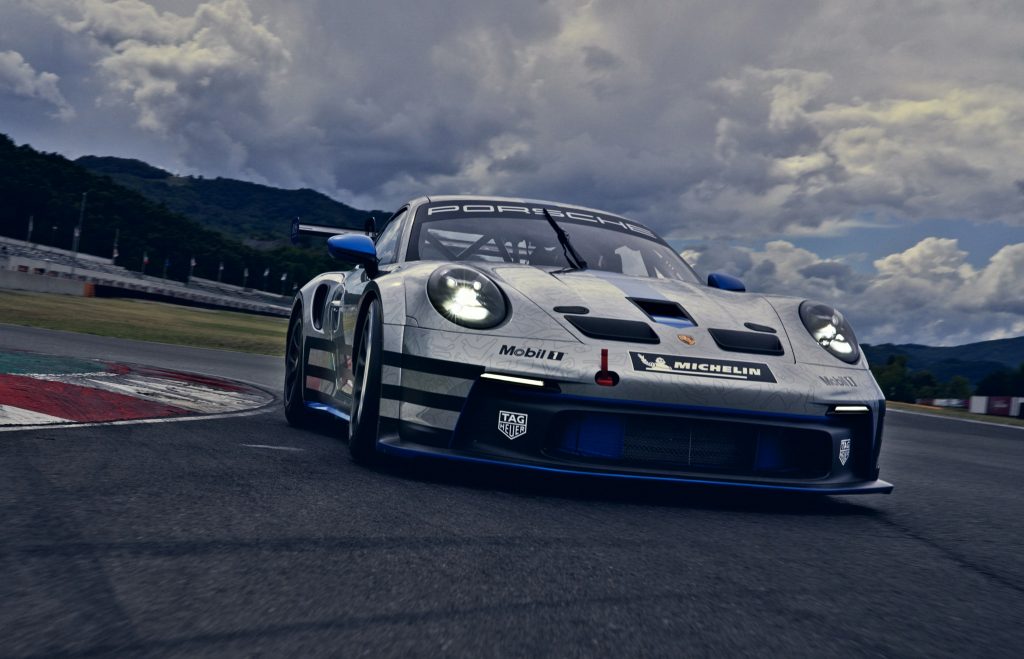
As production volumes rise and conventional petrol faces increased energy taxes and carbon pricing, the cost of eFuel is expected to become more competitive, according to Porsche. This is a positive development considering that the current estimated cost of eFuel exceeds £37 (RM215) per imperial gallon, which even Carrera GT owners would find expensive.




